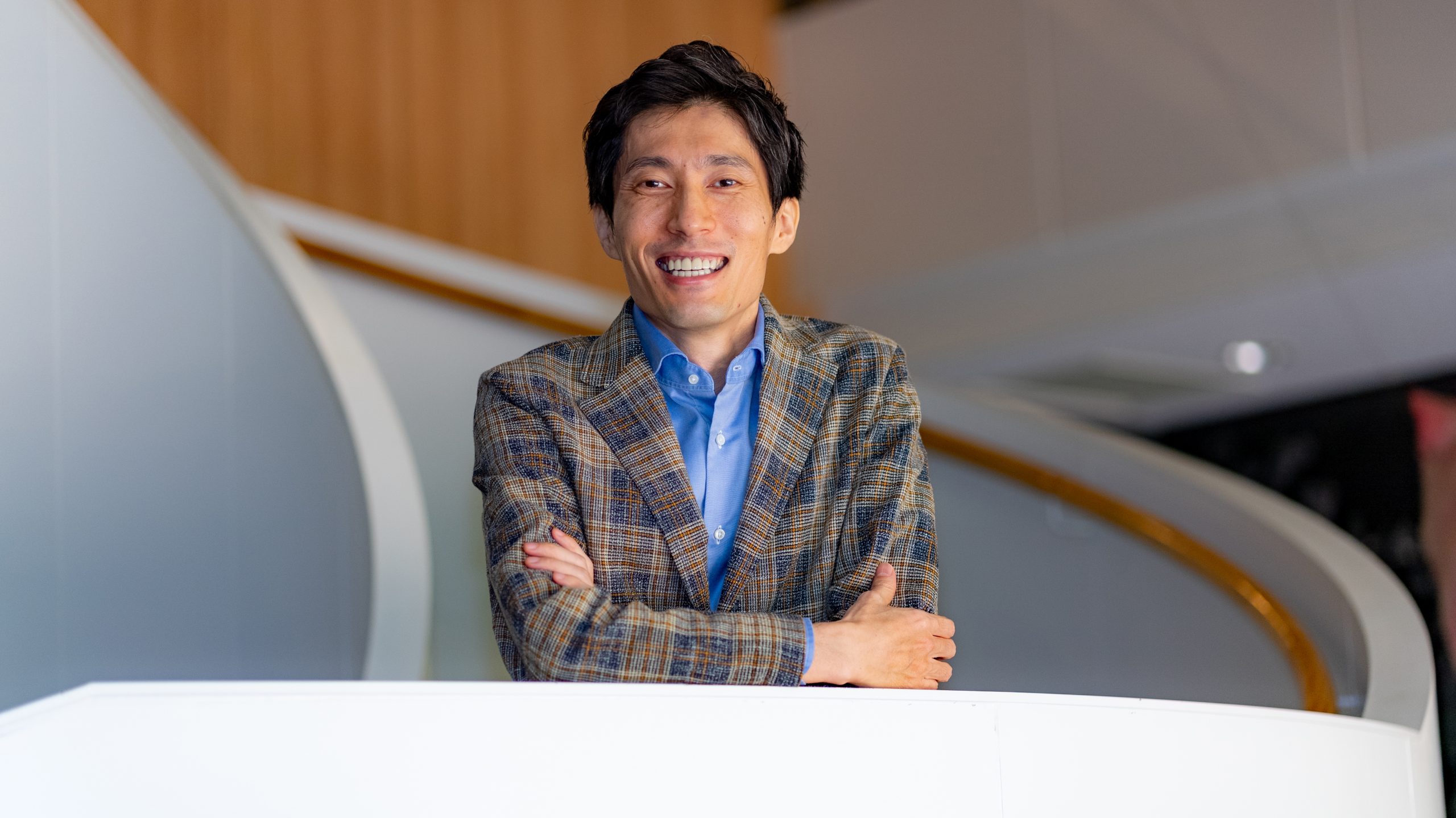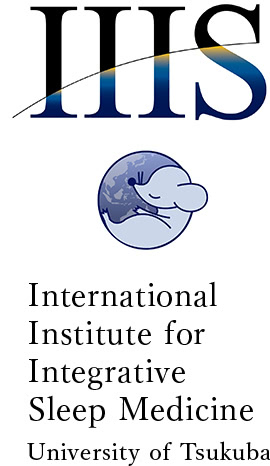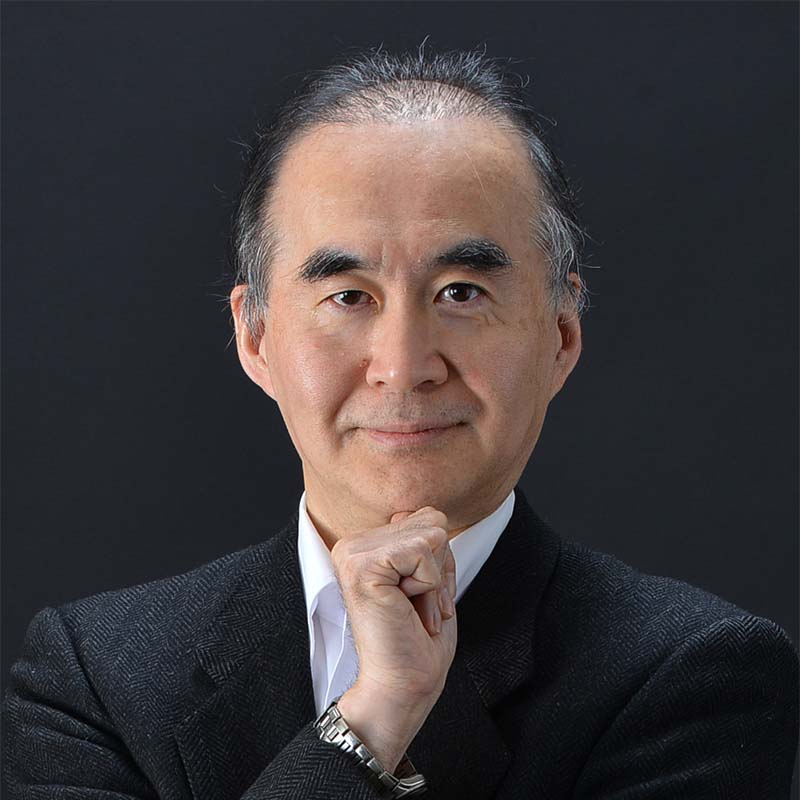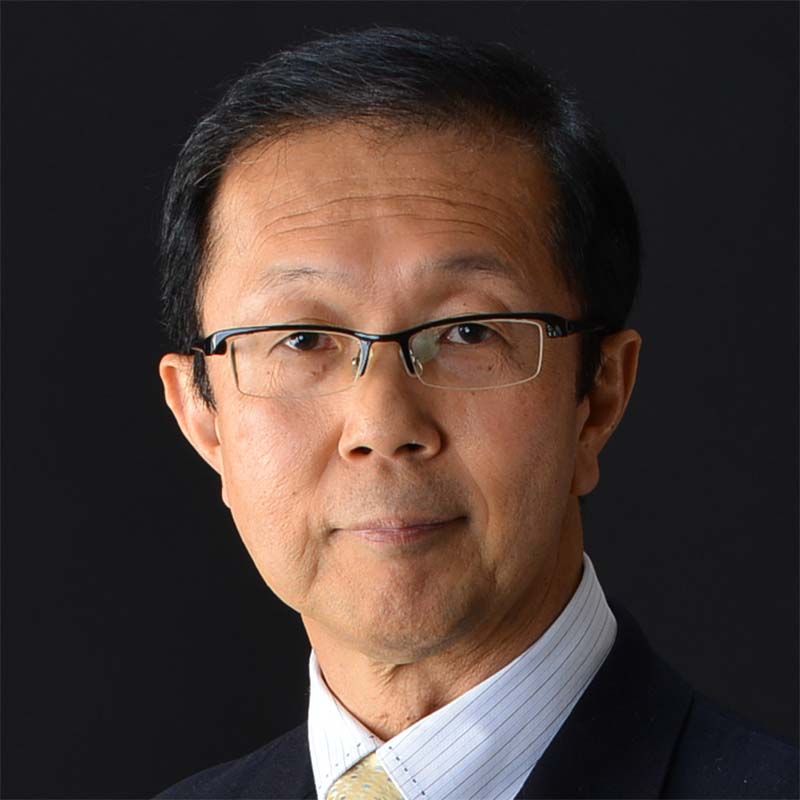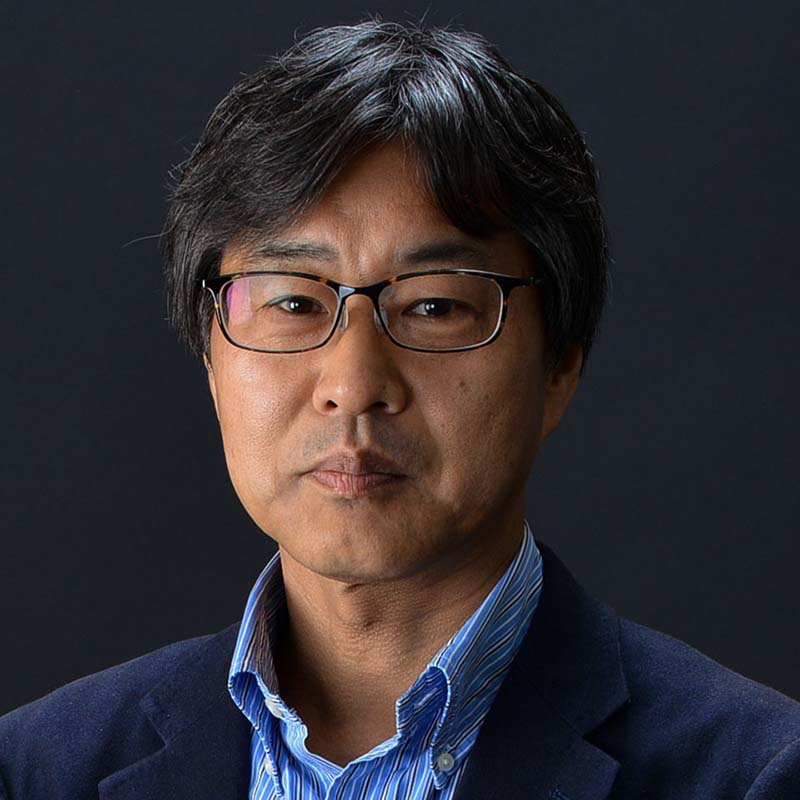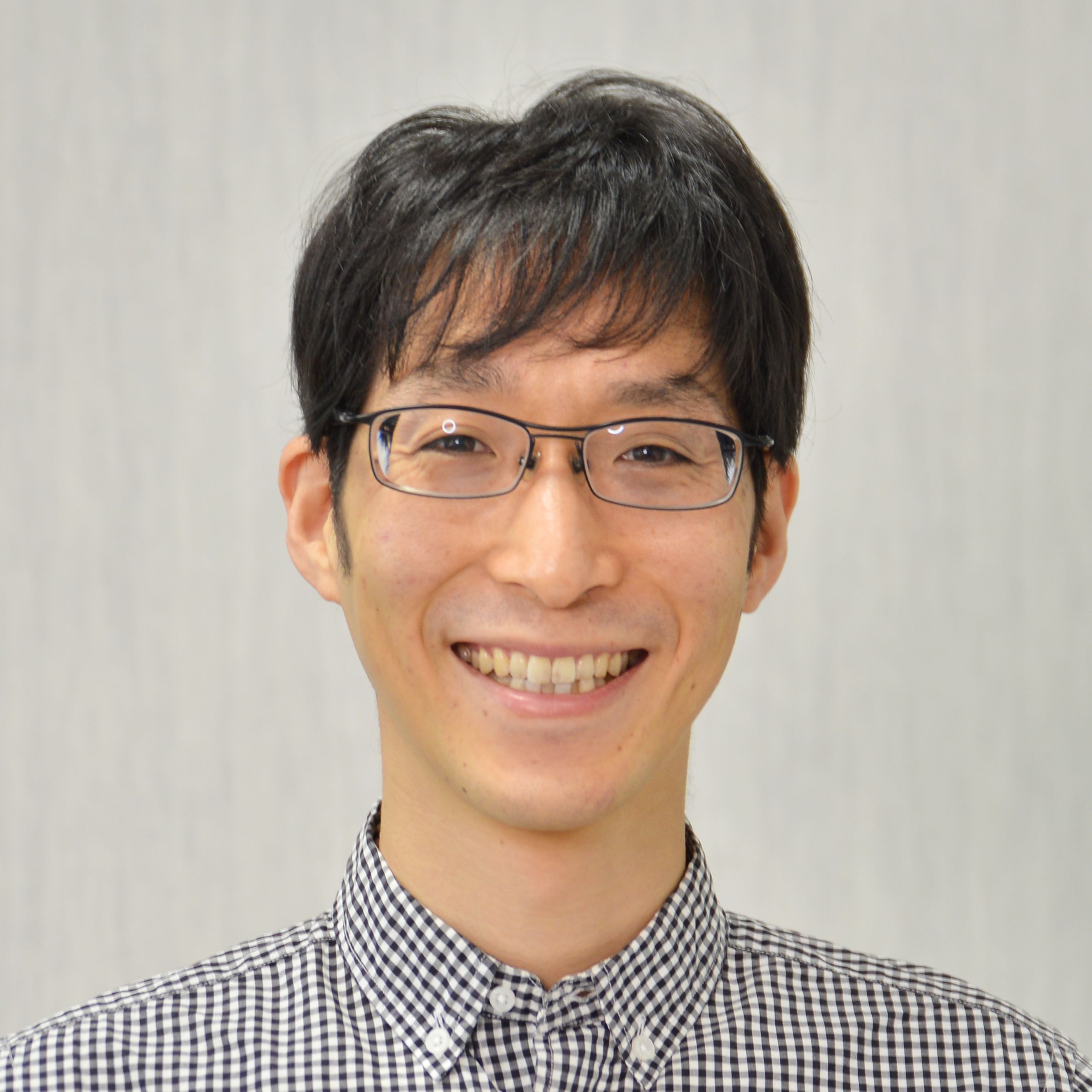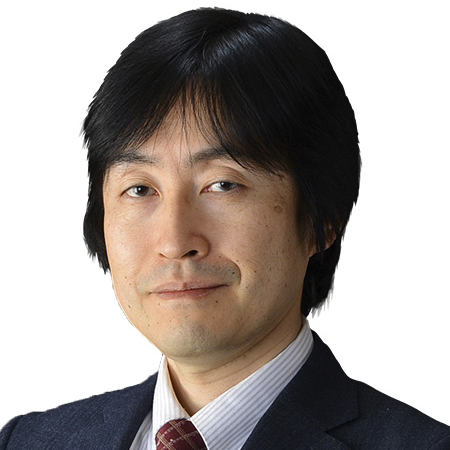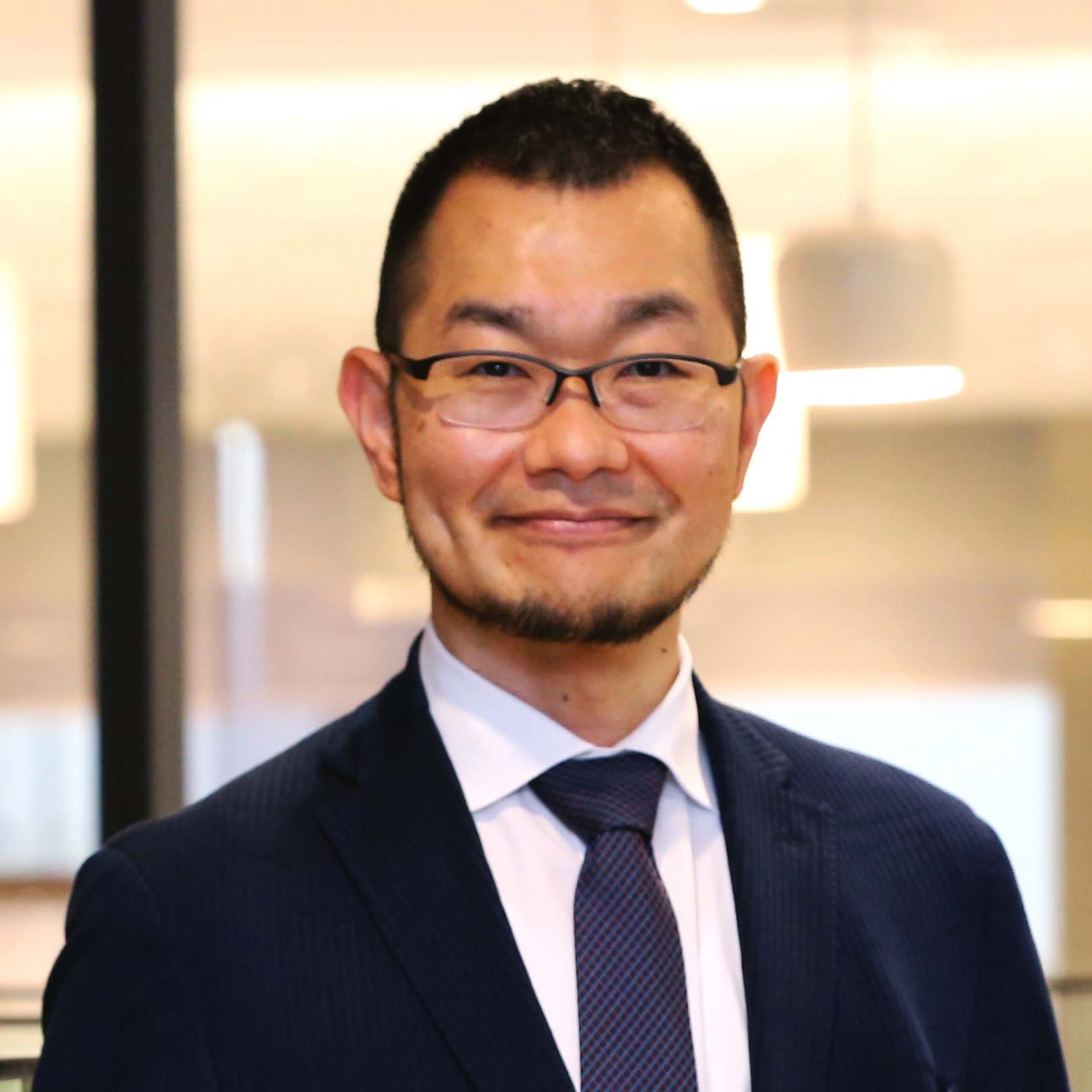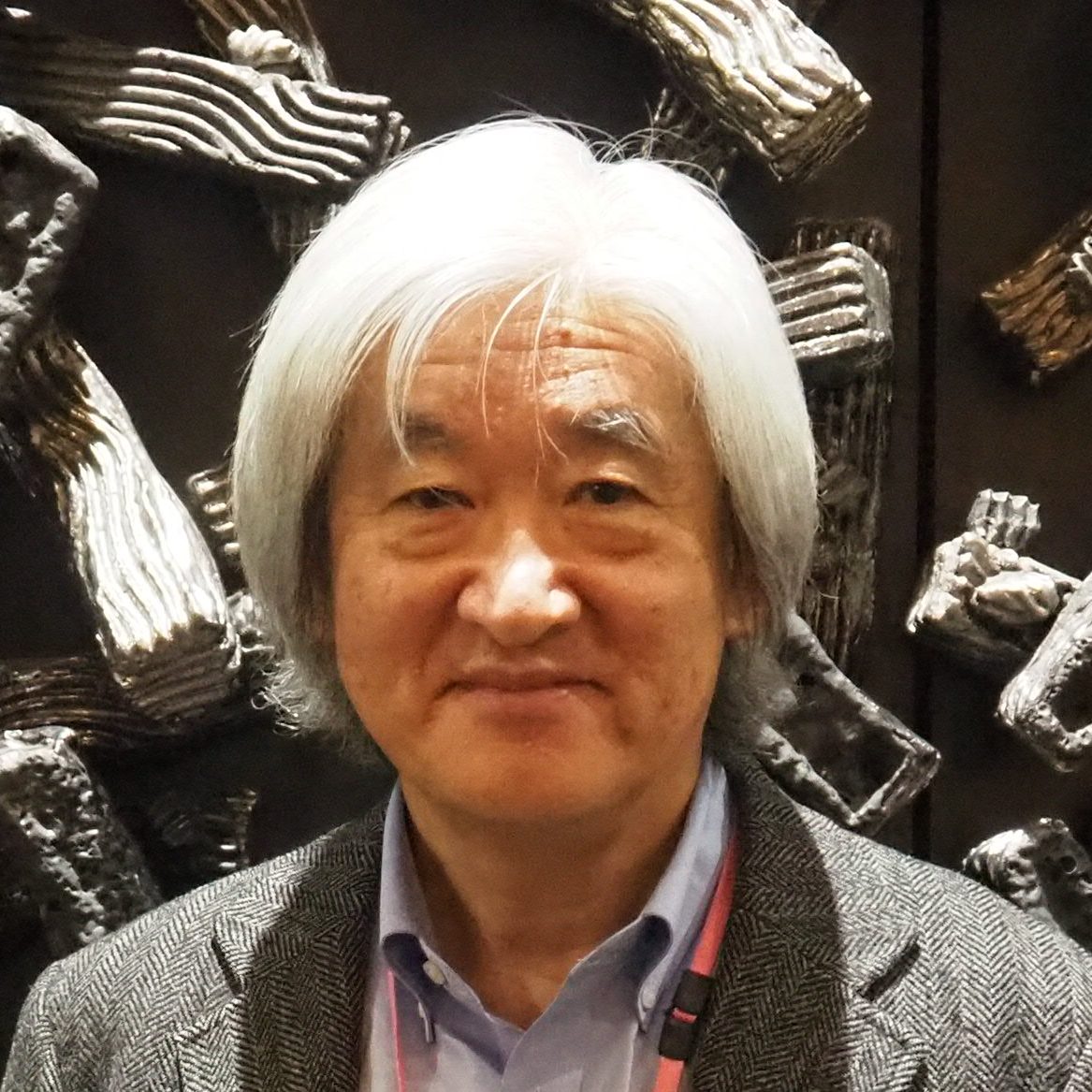01 Research Summary
We have three major research focuses:
1. Function of sleep in memory and its relation to pathology
2. Roles of adult-born neurons in memory consolidation during sleep
3. Dynamic change of consciousness and its mechanisms
| Link |
|---|
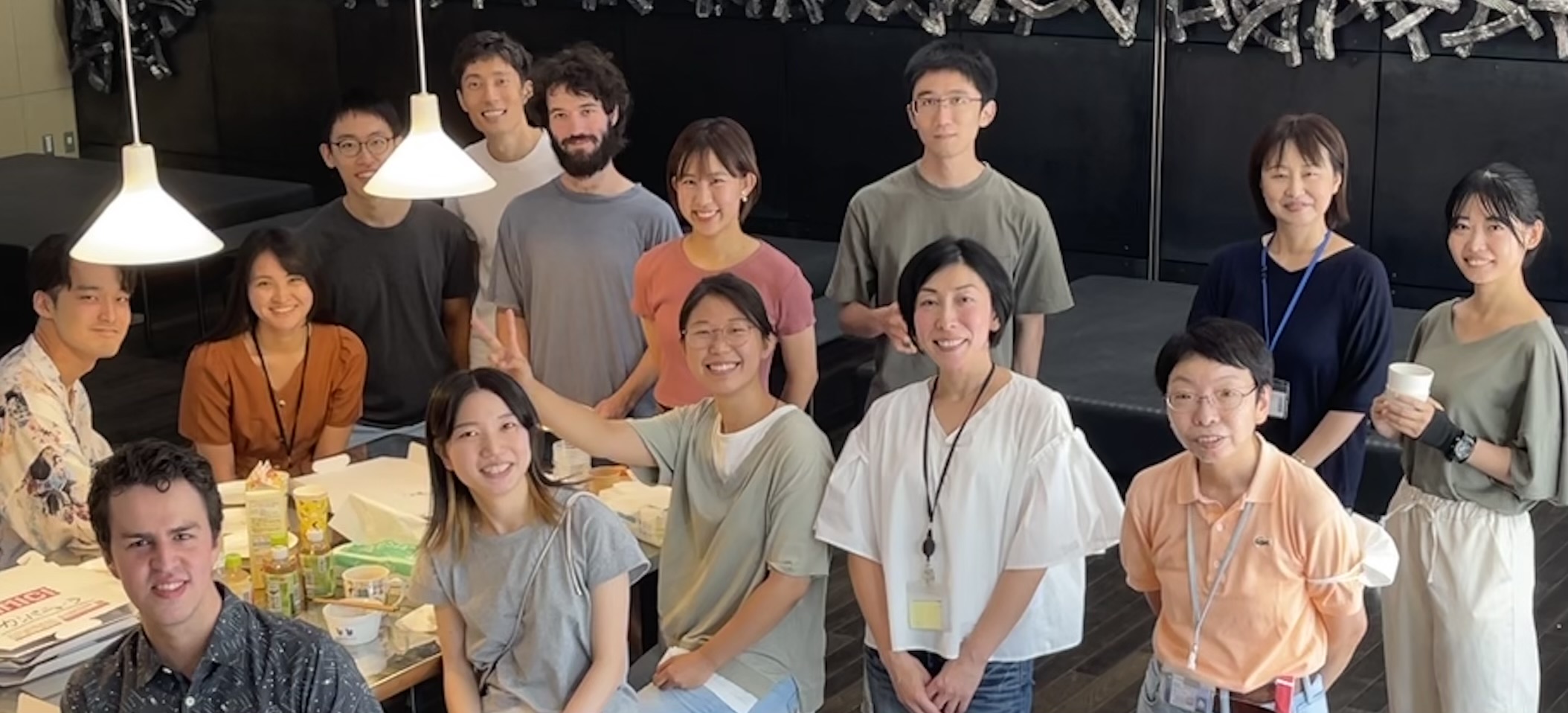
Sakaguchi laboratory
02 Major achievements
Taniguchi M et al., Open-source software for real-time calcium imaging and synchronized neuron firing detection, IEEE EMBC
03 Educational/Academic background
| 1995Apr – 2001Mar | Medical school, Univ. Tsukuba |
|---|---|
| 2001Apr – 2005Mar | Student, Dept. Physio., Sch. Med., Keio Univ. PhD candidate, Univ. Tsukuba |
| 2005Apr – 2007Mar | Assistant Prof., Dept. Physio., Sch. Med., Keio Univ. |
| 2007Apr – 2009Mar | Postdoc, Hospital for Sick Children, Univ. Toronto, Canada |
| 2009Apr – 2010Sep | PD for overseas research, JSPS |
| 2010Oct – 2011Mar | Postdoc, Brain Science Institute, RIKEN |
| 2011Apr – 2013Jan | Special Postdoc Fellow(SPD), RIKEN |
| 2013Apr - 2018Oct | Associate Prof. of International Institute for Integrative Sleep medicine, University of Tsukuba (Co-PI) |
| 2018Oct - | Associate Prof. of International Institute for Integrative Sleep medicine, University of Tsukuba (PI) |
| 2022Apr - 2025Dec | Associate Prof. of Faculty of Medicine, University of Tsukuba |
| 2026Jan - | (Concurrent Position)Prof. of Division of Neurophysiology, School of Medicine, Kobe University |
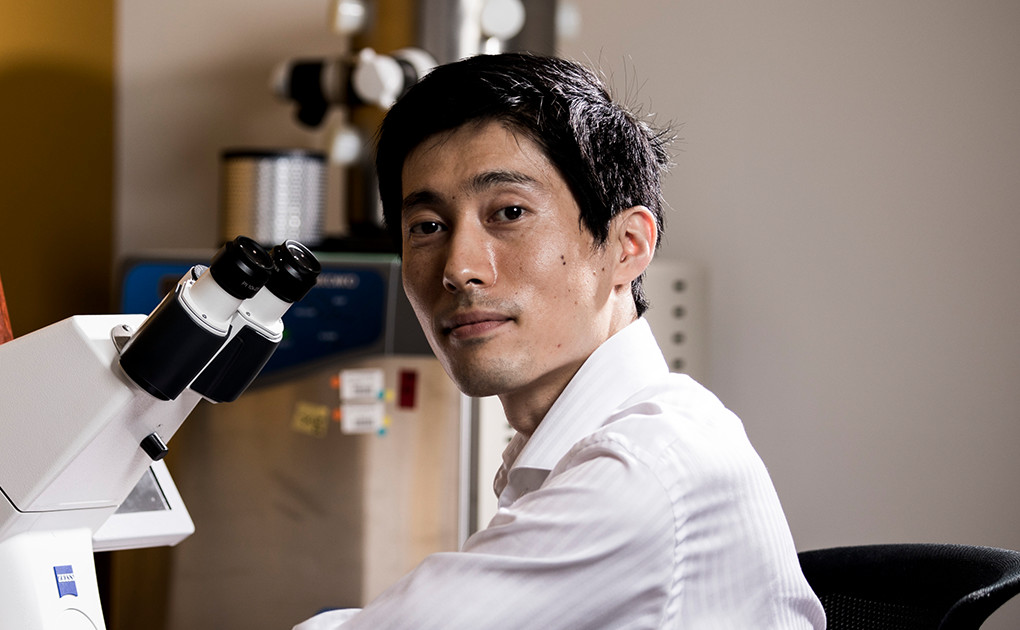
Why did you become a scientist?
To develop new therapeutic methods
I came to know that there are many patients with untreatable diseases, particularly in neurology, while I was in medical school. But through my research experiences in Dr. Hideyuki Okano’s (currently in Keio Univ.) and Dr. Hiromitsu Nakauchi’s (currently in Stanford) labs, I received inspirations on how researchers can contribute to the progress of medicine. In addition, I started to think that I might be able to contribute to medicine through my own research after hearing the successful stories of Dr. Masashi Yanagisawa (currently the director of this institute) and Dr. Takeshi Sakurai (currently the vice director of this institute). Although we are still halfway on reaching our goals, we are enjoying the experience of making new scientific findings with our own hands.
What are the characteristics of your lab?
Diversity
We incorporate research techniques from various fields outside our own specialties, such as informatics, next-gen sequencing, and analytical methods for non-human primates. Our lab holds many foreign staffs and interns from all over the world. Many collaborative projects are on-going with Oxford Univ., Edinburgh Univ., and Columbia Univ., to name a few. We put special efforts in creating an environment without rank in the lab. As a result, two undergraduate students have recently succeeded in publishing a paper in an international journal (Fujinaka et al). The backgrounds of the members are of many different fields outside biology, including engineering, informatics, and gymnastics. They fully utilize their skills for their research progresses.
What are you most interested in lately
Traveling
I enjoy experiencing wide ranges of nature and culture created by living things. My personal recommendations are:
1. Kruger National Park, South Africa
You can observe wild animals living in nature, including rare species, such as cheetah, in vast landscape with minimum interference.
2. Cappadocia, Turkey
You can experience living underground like ants. There is also a metropolis beneath Istanbul, which is also my favorite place.
3. Nature of Canada
There are innumerable breathtaking beauty in the nature of Canada, Banff national part (Alberta), Emerald lake (BC), and aurora in Yellowknife, to name a few.
Core Group
-
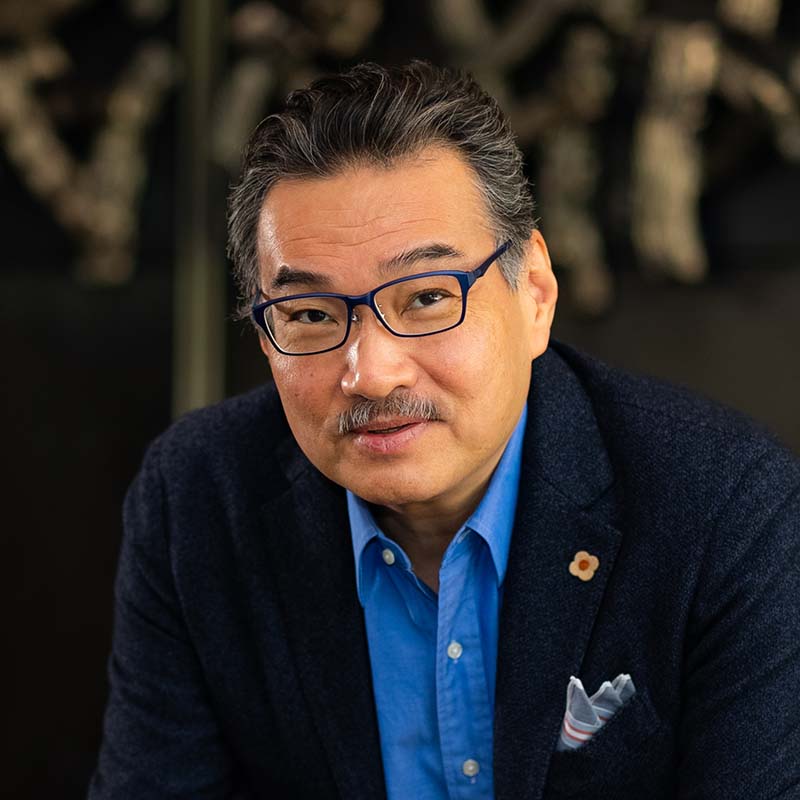
Neuroscience
Masashi Yanagisawa
-
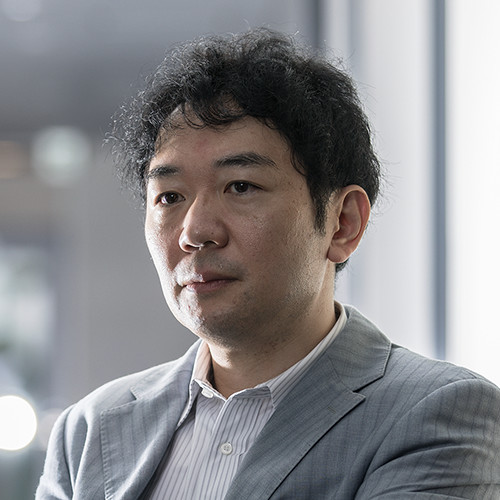
Neuroscience
Takeshi Sakurai
-
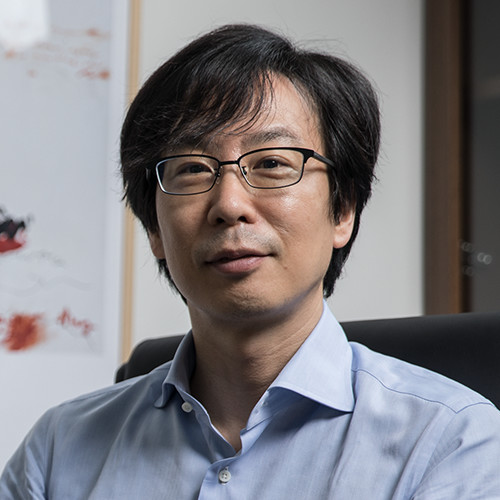
Neuroscience
Hiromasa Funato
-
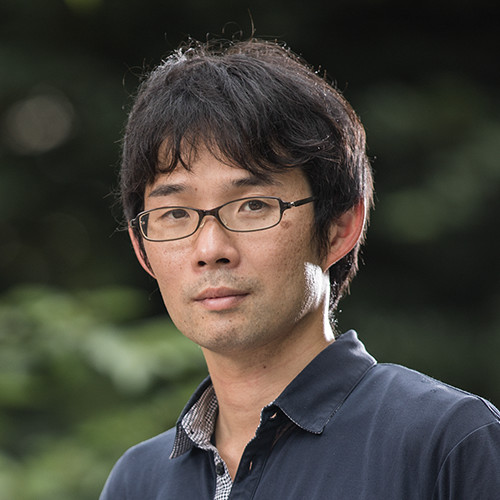
Neuroscience
Yu Hayashi
-
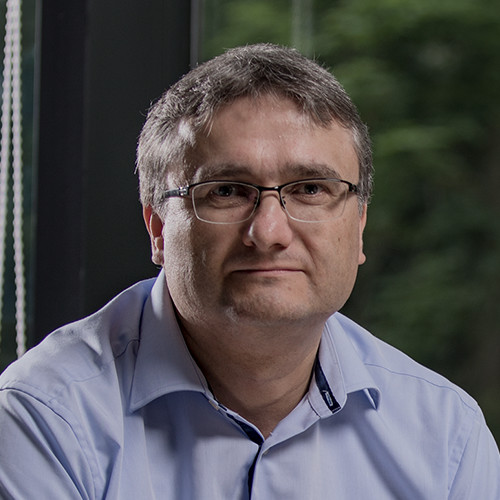
Neuroscience
Michael Lazarus
-
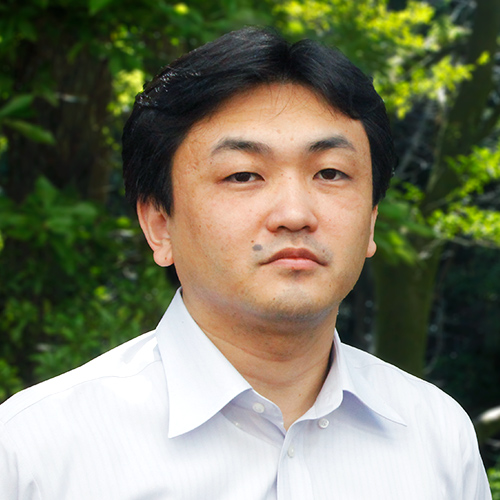
Neuroscience
Yo Oishi
-
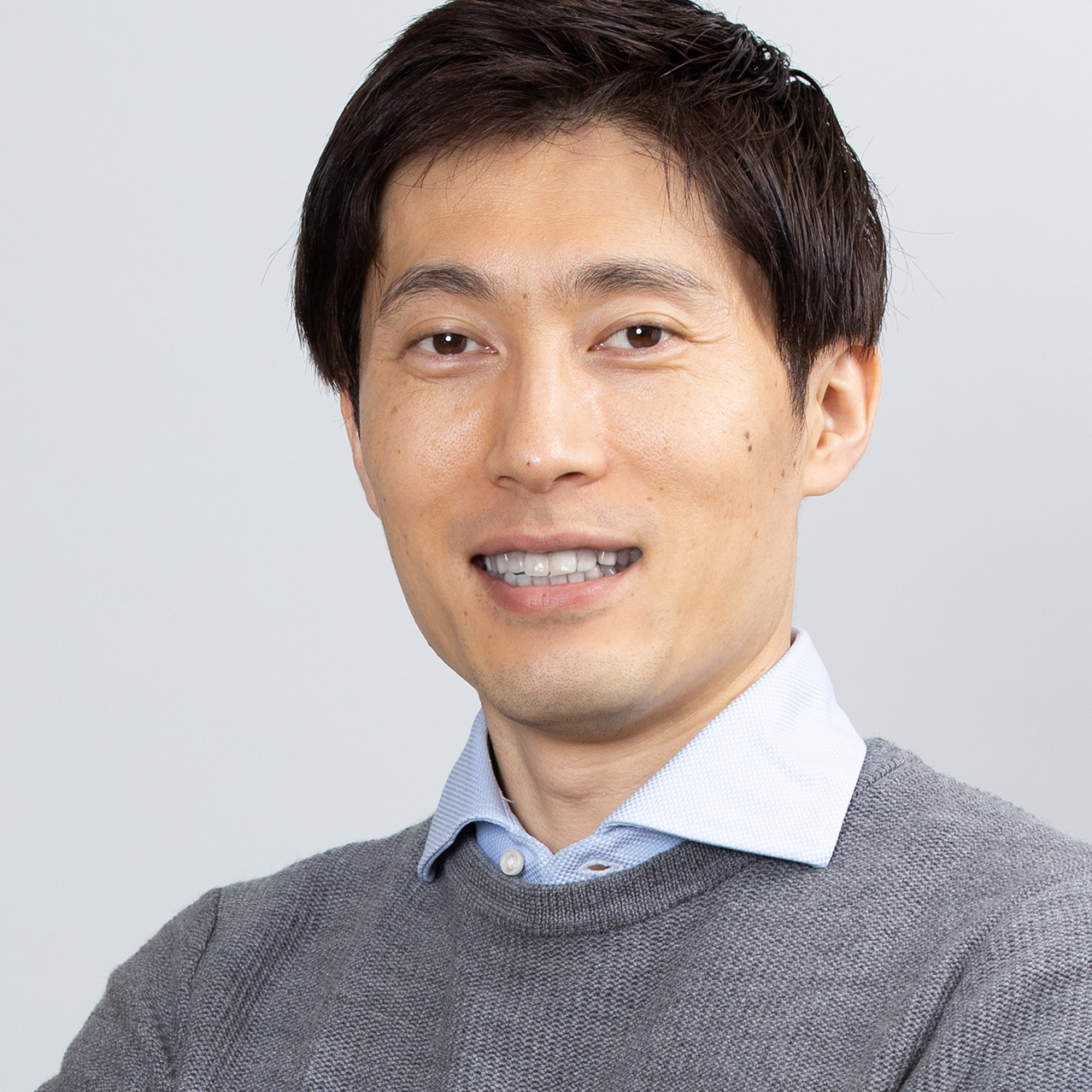
Neuroscience
Masanori Sakaguchi
-
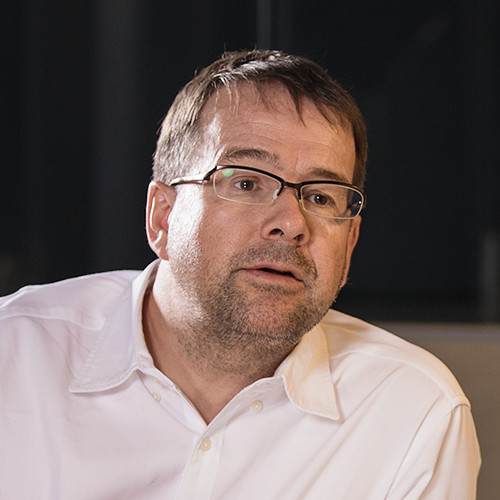
Neuroscience
Kaspar Vogt
-
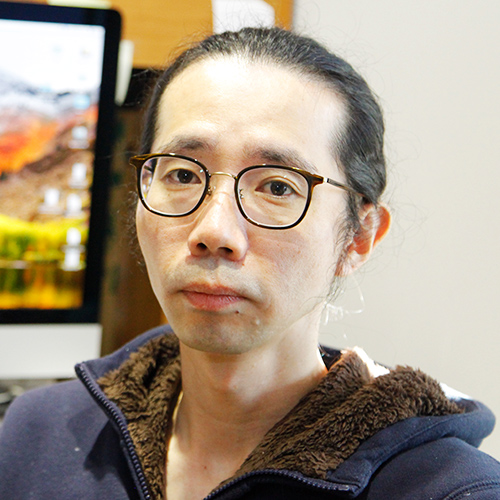
Neuroscience
Katsuyasu Sakurai
-
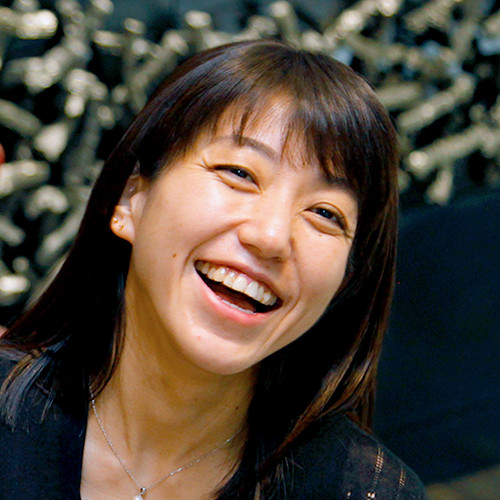
Neuroscience
Sakiko Honjoh
-
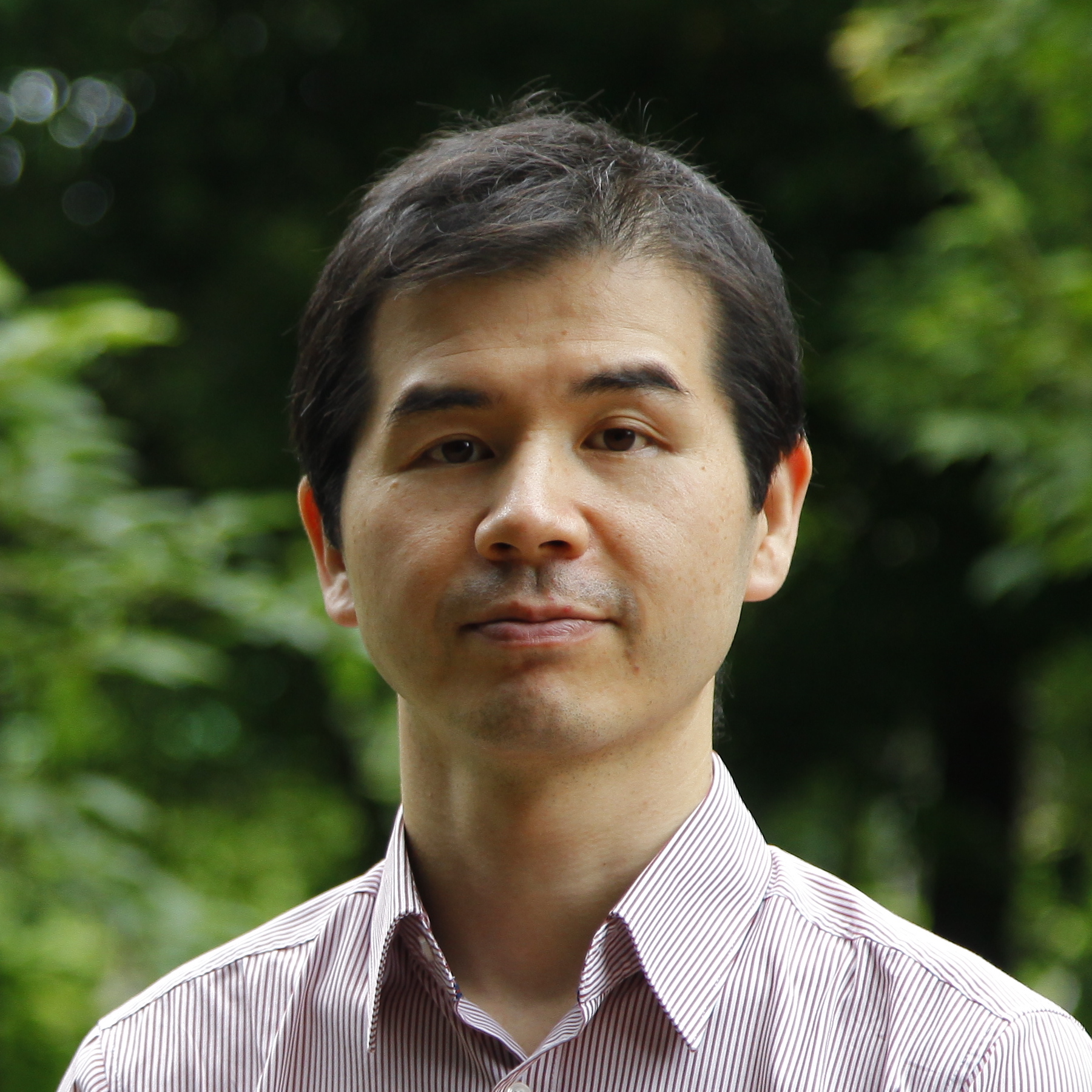
Neuroscience
Hirofumi Toda
-
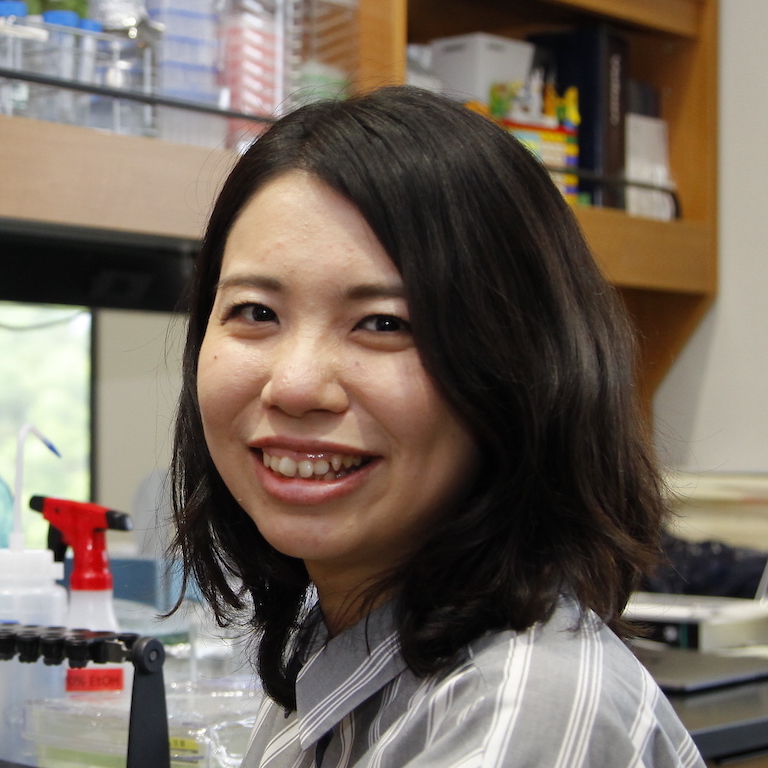
Neuroscience
Arisa Hirano
-
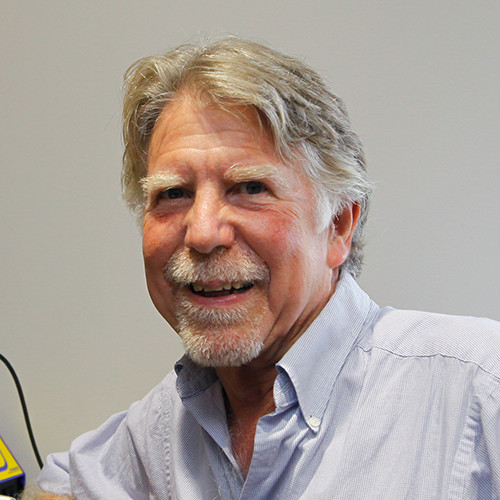
Neuroscience
Robert Greene
-
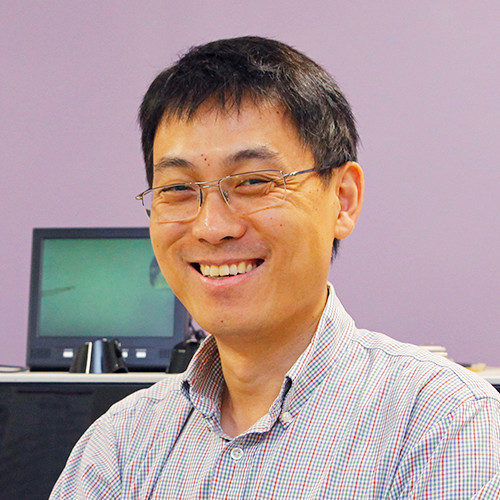
Neuroscience
Qinghua Liu
-
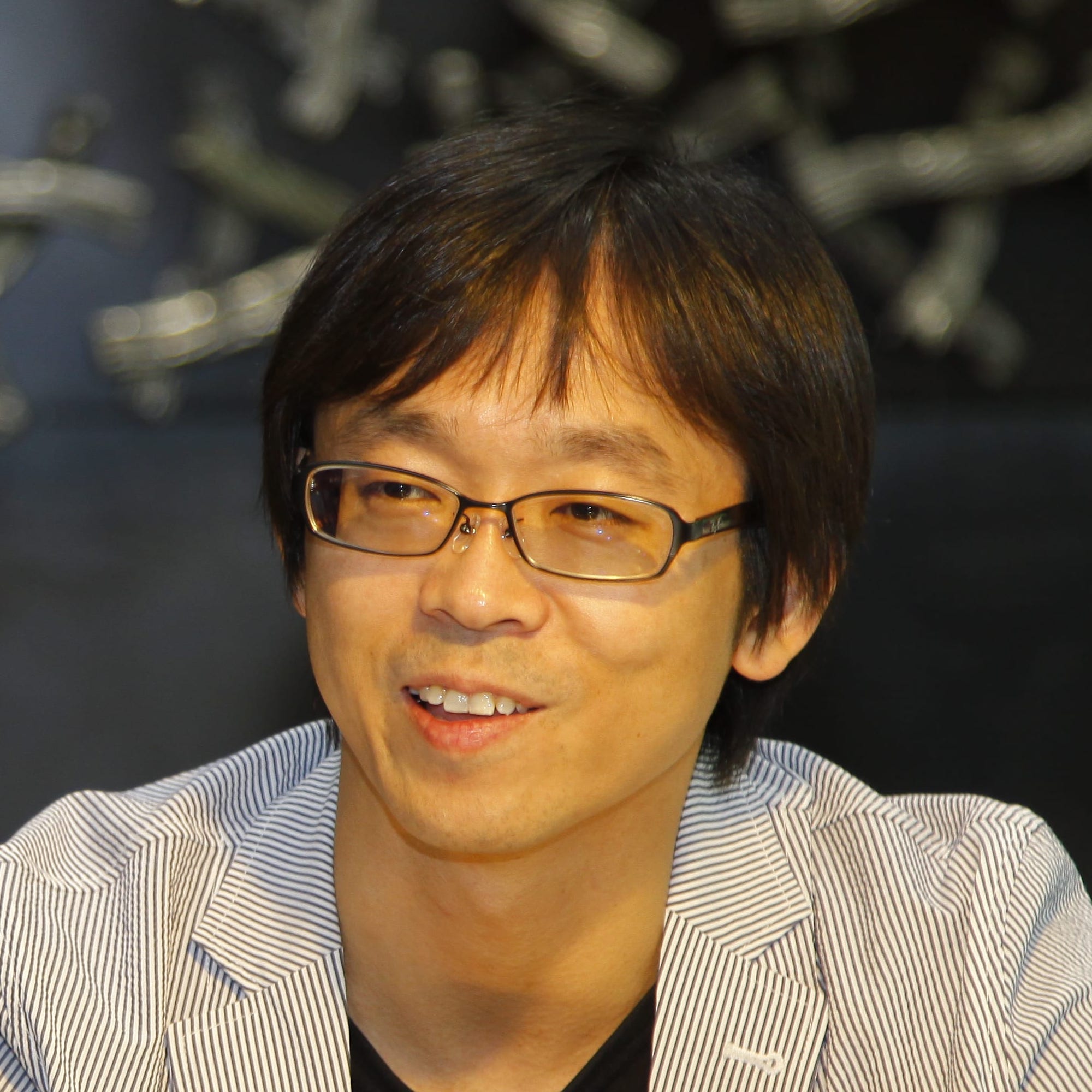
Drug discovery
Noriki Kutsumura
-
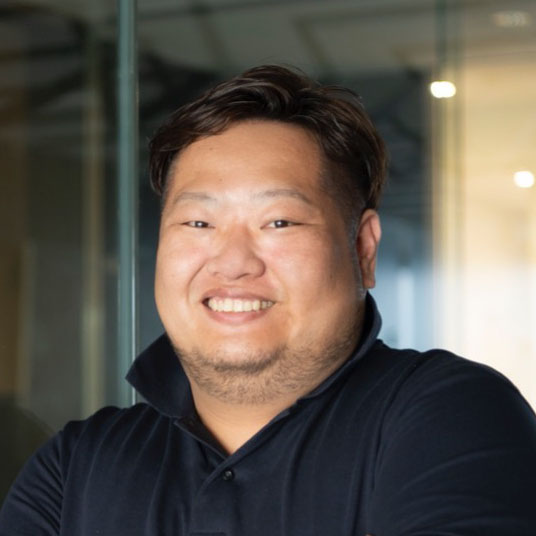
Drug discovery
Tsuyoshi Saitoh
-
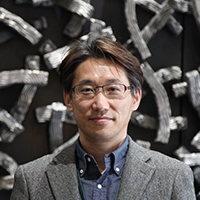
Human sleep
Tomohiro Okura
-
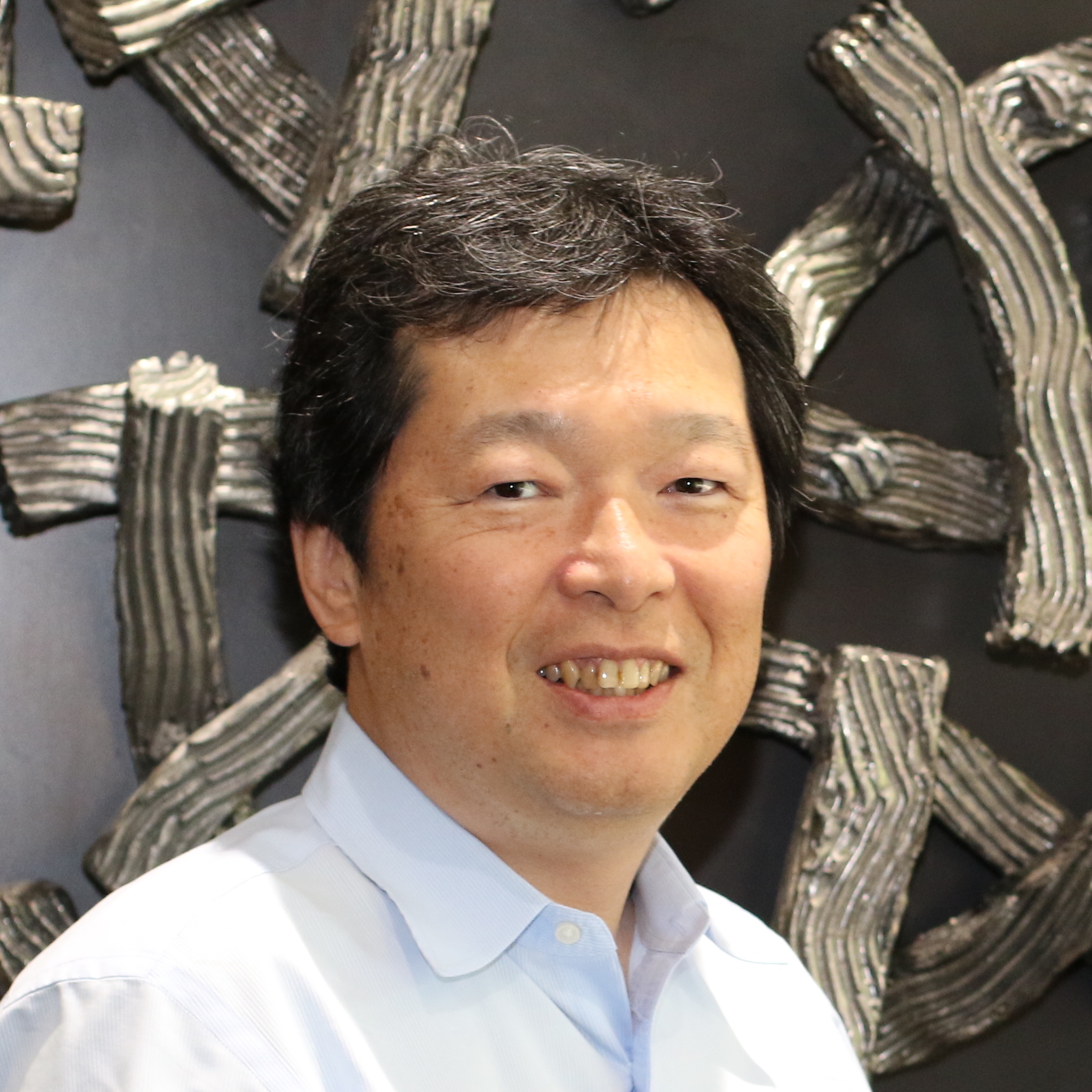
Human sleep
Takashi Kanbayashi
-
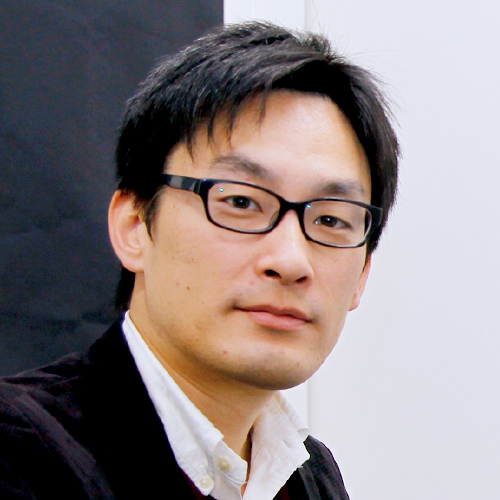
Human sleep
Takashi Abe
-
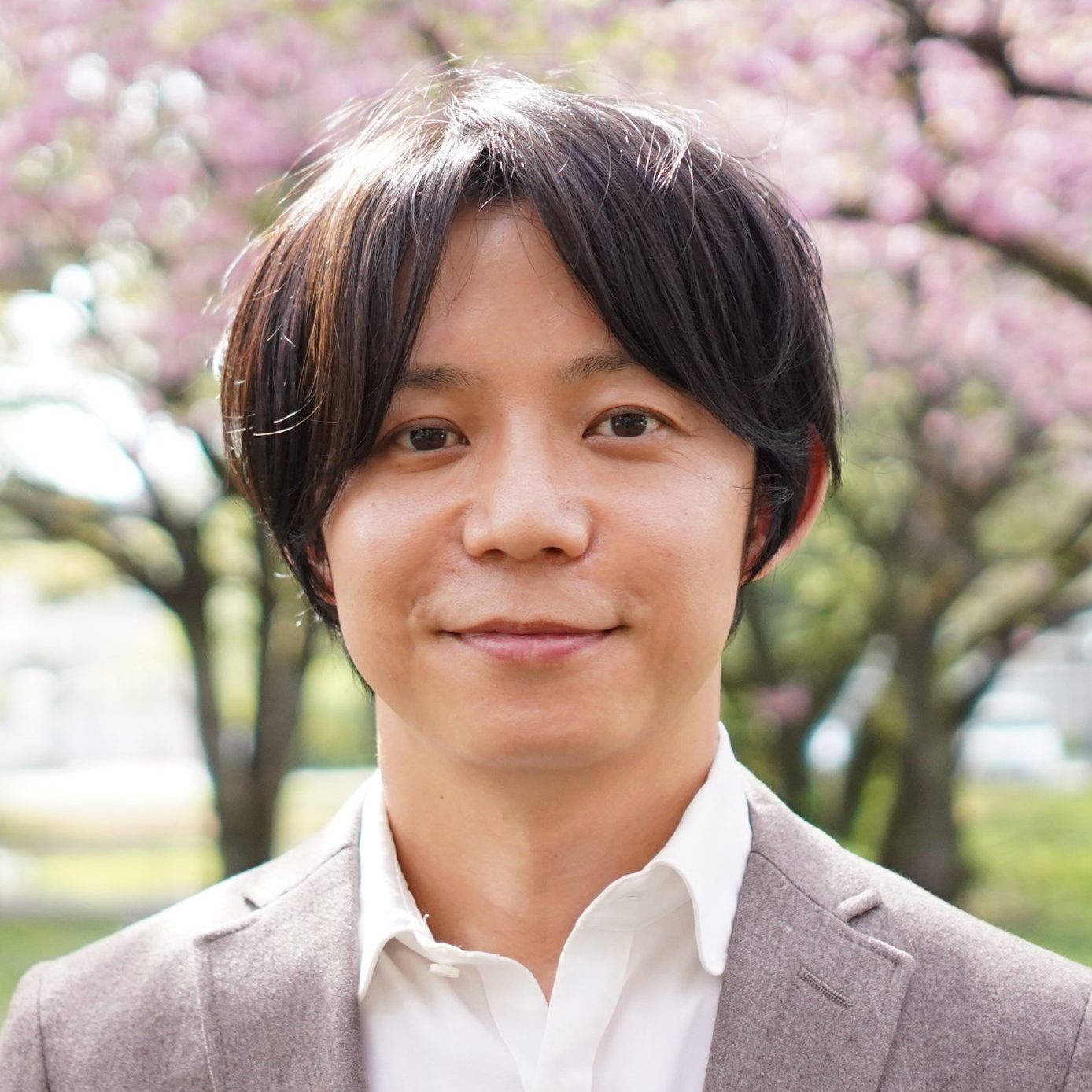
behavioral science
Shun Nakajima
-

Data Science
Hiroyuki Kitagawa
-

Data Science
Shoi Shi
-
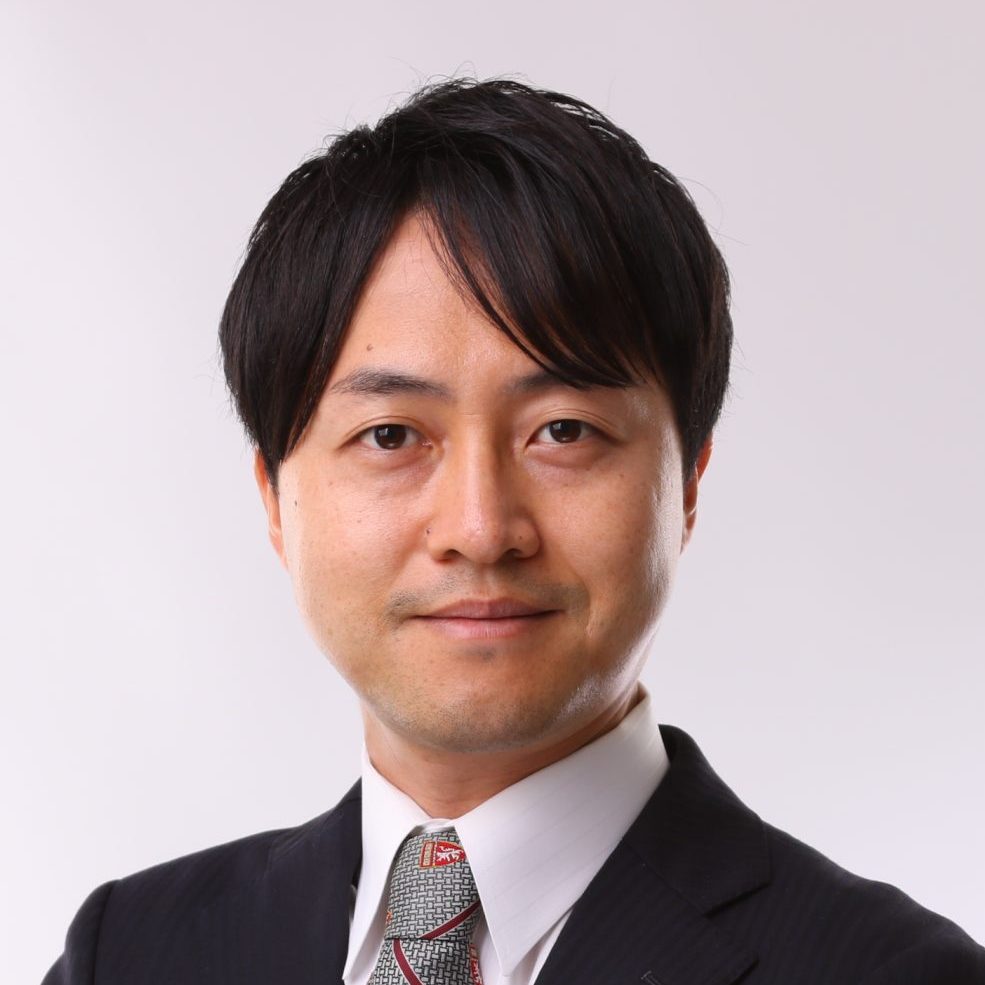
Data Science
Masao Iwagami
